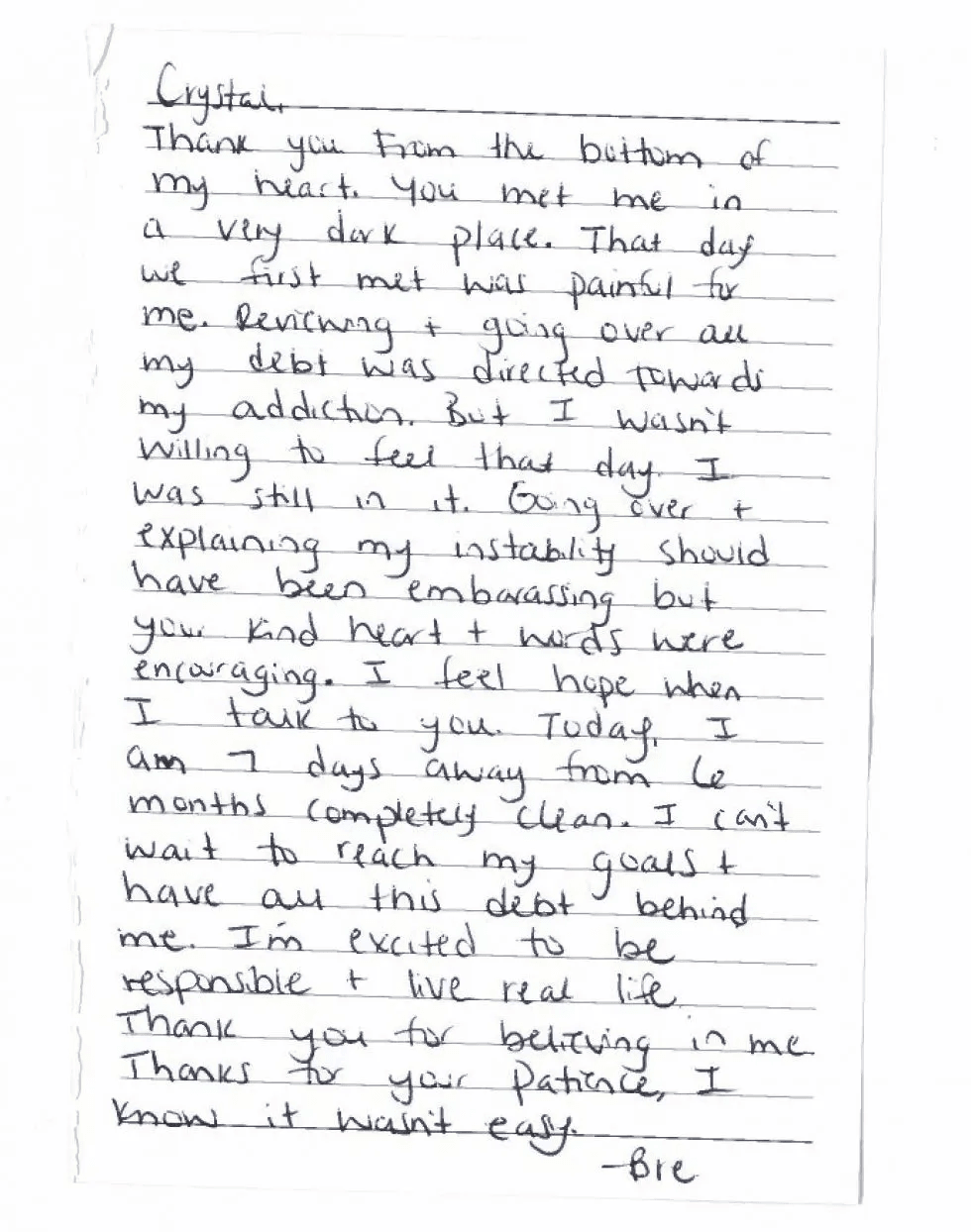
LINCOLN, NE – The Nebraska Supreme Court has dismissed an appeal that challenged a lower court’s decision requiring landlords to give tenants a 30-day notice before ending a lease for properties covered under the CARES Act. In MIMG LXXIV Colonial v. Ellis, Legal Aid of Nebraska had appealed an eviction order against tenant Ellis to the district court, arguing that the landlord should have provided a 30-day notice under the federal CARES Act, instead of the usual 7-day notice required under state law.
The district court agreed with the tenant and vacated the eviction order. The landlord then appealed to the Nebraska Supreme Court, which determined the case was moot because the tenant had already moved out. Because the appeal was dismissed, the Nebraska Supreme Court did not overturn the District Court’s decision requiring that properties covered by the CARES Act must issue a 30-day notice.
The Coronavirus Aid, Relief, and Economic Security (CARES) Act is an economic stimulus bill passed in March of 2020 in response to the economic fallout of the COVID-19 pandemic in the United States. Part of the CARES Act is a federal law that provides extra time for clients to either vacate or pay if they are behind on rent. It covers federally covered mortgage loans as well as certain programs under the Violence Against Women Act including, low income tax credit, housing tax credit facilities, Section 8 and other like programs.
“This issue is important to our clients because we are trying to enforce the rights they already have,” said Caitlin Cedfeldt, Staff Attorney for Legal Aid of Nebraska’s Housing Justice Project. “We are trying to respect what the federal law says, which we believe that tenants of properties that qualify for the CARES Act are supposed to be getting a 30 day notice. In many cases, they’re just not.”
Navigating the justice system can be extremely difficult, especially for clients with low income who may not be able to afford an attorney.
“Having a Legal Aid attorney to raise these issues can make a big difference between getting evicted and not getting evicted,” said Cedfeldt. “Ms. Ellis was not evicted in this case. Legal Aid of Nebraska’s Housing Justice Project will continue to advocate for tenant rights.”
If you experiencing the threat of eviction or homelessness, please contact Legal Aid of Nebraska’s Statewide AccessLine at 1-877-250-2016 (hours: Monday/Wednesday 8:30 – 11:30 a.m. and Tuesday/Thursday 1 – 3 p.m.). Potential clients can also apply for services online at LegalAidofNebraska.org.




